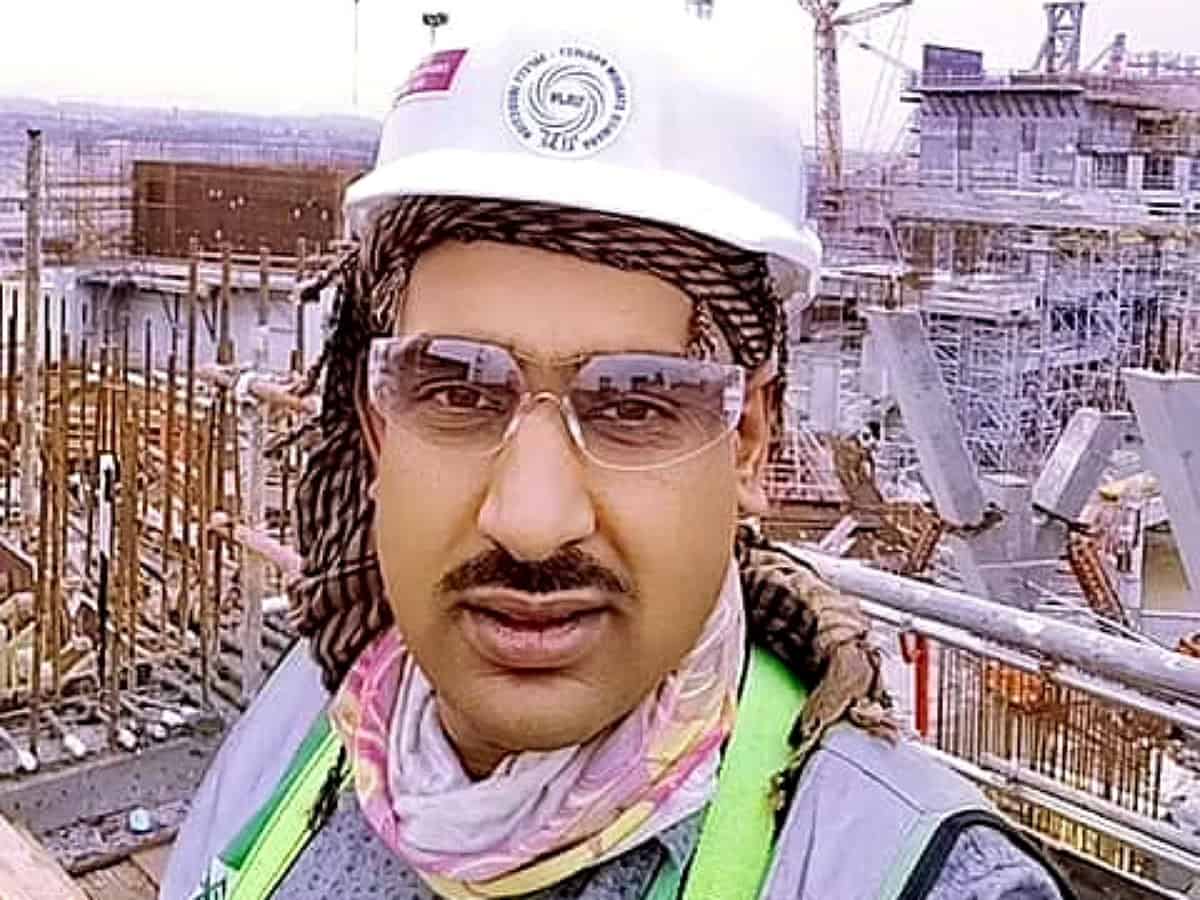
A Pakistani migrant worker, Muhammad Arshad, has died while working on the construction of the Aramco Stadium in Al Khobar, Saudi Arabia—one of the venue designated for the 2034 FIFA World Cup.
FIFA confirmed Saudi Arabia as the World Cup host on December 11, 2024, making it the second Middle Eastern nation to host after Qatar. It will also be the first tournament with 48 teams in a single host nation. The plan includes four stadiums undergoing renovations, three under construction, and eight newly planned venues.
Arshad fell from an upper level on Wednesday, March 12, while engaged in formwork operations. Despite wearing a personal fall-arrest system, he was not connected to an anchor point at the time of the accident.
In a statement to The Guardian, Belgian multinational Besix Group, whose subsidiary Six Construct is a lead contractor on the project, confirmed his death.
Emergency services rushed him to the hospital, but he succumbed to his injuries. Authorities have launched an investigation into the incident, with Besix Group pledging full cooperation.
Arshad, who had been working at the site since September 2024, was the first documented migrant worker to die in connection with Saudi Arabia’s 2034 World Cup preparations. His body was flown back to Pakistan earlier this week, where he was laid to rest near his hometown.
Arshad’s death has reignited concerns about labor conditions at World Cup sites.
In December, Human Rights Watch (HRW) accused Saudi Arabia of widespread labor abuses, stating that FIFA’s decision to grant hosting rights was “stained with pervasive rights violations.” HRW’s report, based on interviews with 156 workers and their families (2023-2024), highlighted systemic failures in worker protection across various sectors.
The organisation also linked World Cup-related construction to Vision 2030, a large-scale development initiative requiring an extensive migrant workforce.


